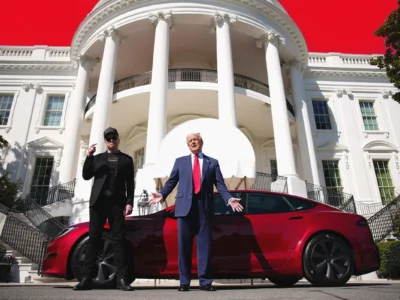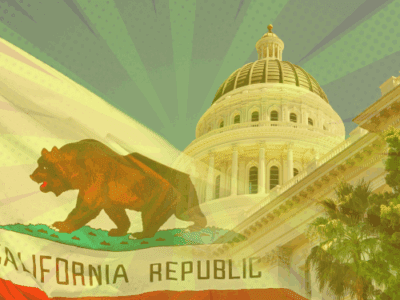Some Worried Thoughts About Congressional Paralysis
Congress seems on the point of collapse as a viable branch of government. The budget crisis in Washington may yet cause a government shut-down and interrupt basic obligations such as payment of Social Security. In the past, raising the debt ceiling has been routine, but such routine activities have now become nearly impossible. Nate Silver points out that this is not an isolated phenomenon: “Just 23 bills have been signed into law by the president this year, a staggeringly low number.” It’s also notorious that confirmations of executive officials and federal judges have ground almost to a halt. In short, Congress has descended into a kind of self-destructive catatonic state. There seem to be four possible outcomes:
- The Congressional deadlock continues and fulfills Grover Norquist’s dream of drowning the government in a bathtub. It’s hard to know what the consequences might be, except for accelerating the rise of China as a dominant world power.
- The Congressional deadlock continues, leading to a constitutional crisis in which the President seizes additional power in order to keep the country running. We see some signs of this in the discussion of unilateral presidential action to raise the debt ceiling under either the Fourteenth Amendment or inherent executive power.
- Congress gets its act together enough to stagger through the next few years without crashing the country, and eventually American politics returns to normal. This is probably the most likely of the possibilities simply because the others are so drastic.
- A political realignment takes place that ends the deadlock. Nate Silver points out that the major political parties have combined disapproval ratings of nearly 100%, so this doesn’t seem out of the question.







Reader Comments